Avoid a budget blowout with these 3 tips from a renovation expert
Written by
08 May 2023
•
4 min read
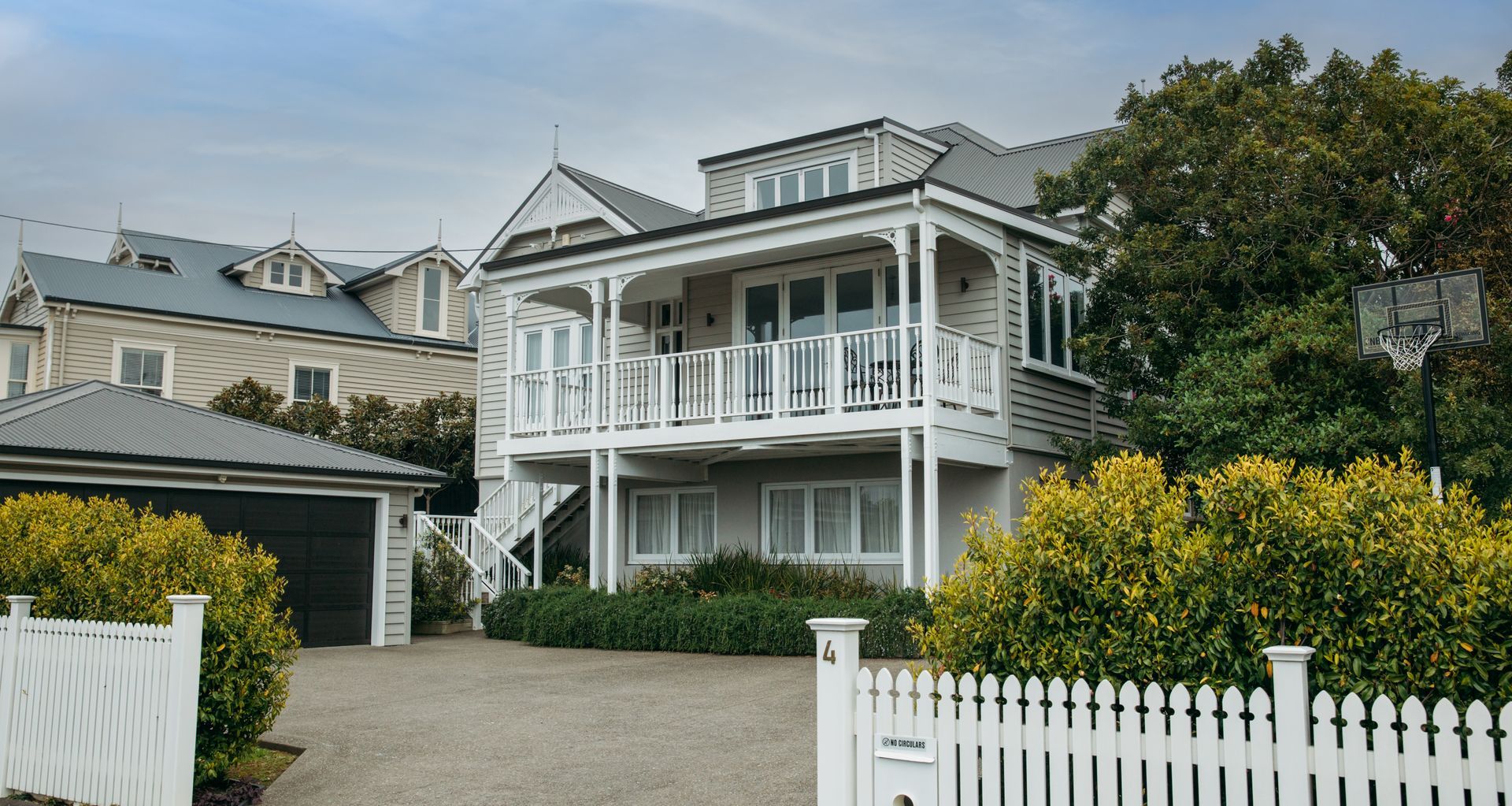
In his 35 years of experience, Russell Clark, Managing Director of Licensed Renovations, says one of the most common things he hears from a client is they blew their budget on their last renovation. Regardless of whether you’re happy with the renovation, a budget blowout creates undue stress that can leave you disappointed, anxious, distrustful of the process and in some cases, aspects of the project unfinished due to lack of finances.
For Russell, helping clients stick to their budget is a top priority. With countless high-quality, budget-conscious renovations under his belt, we asked him to share his advice on avoiding budget blowouts to help you nail your next project.
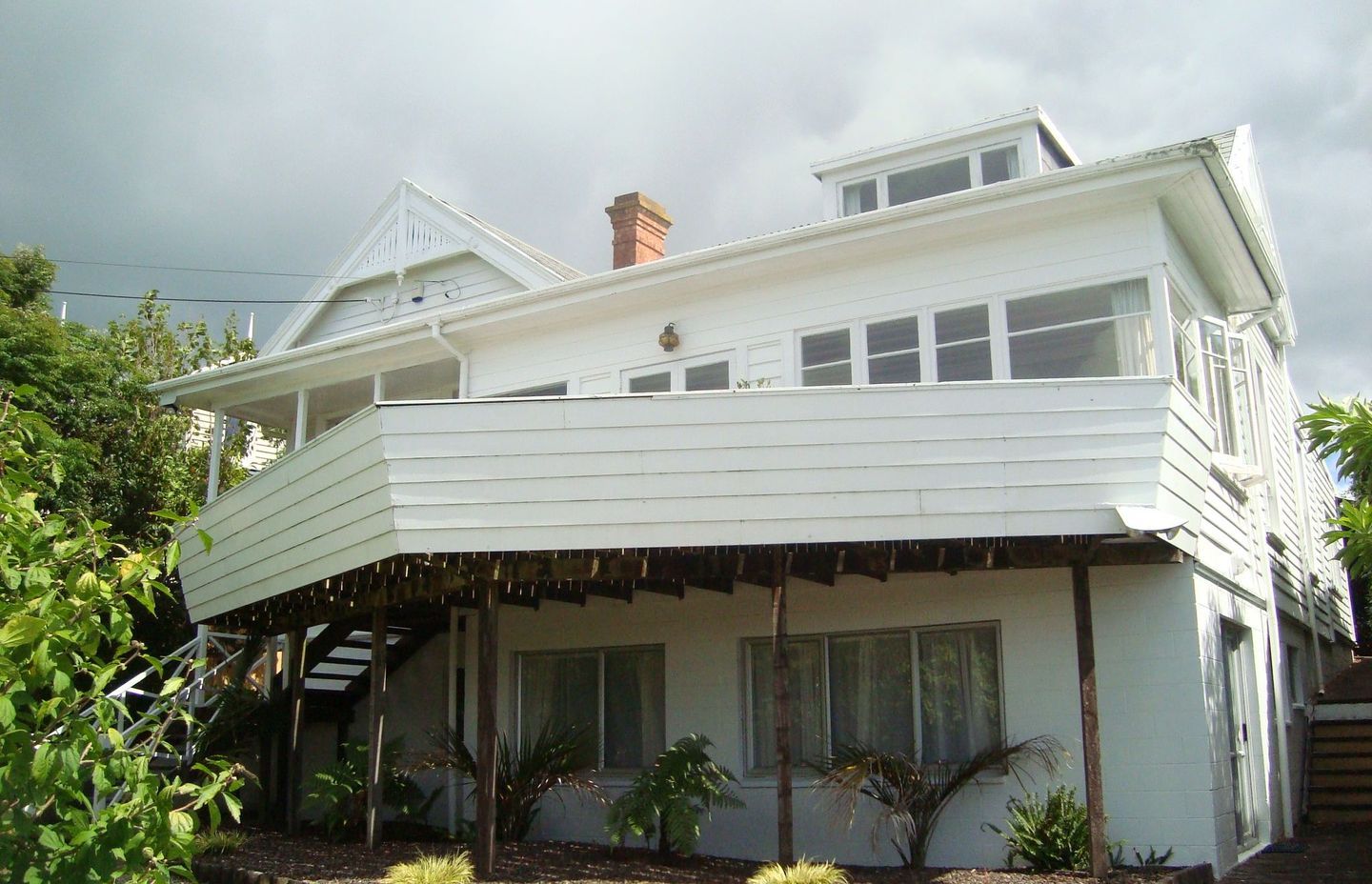
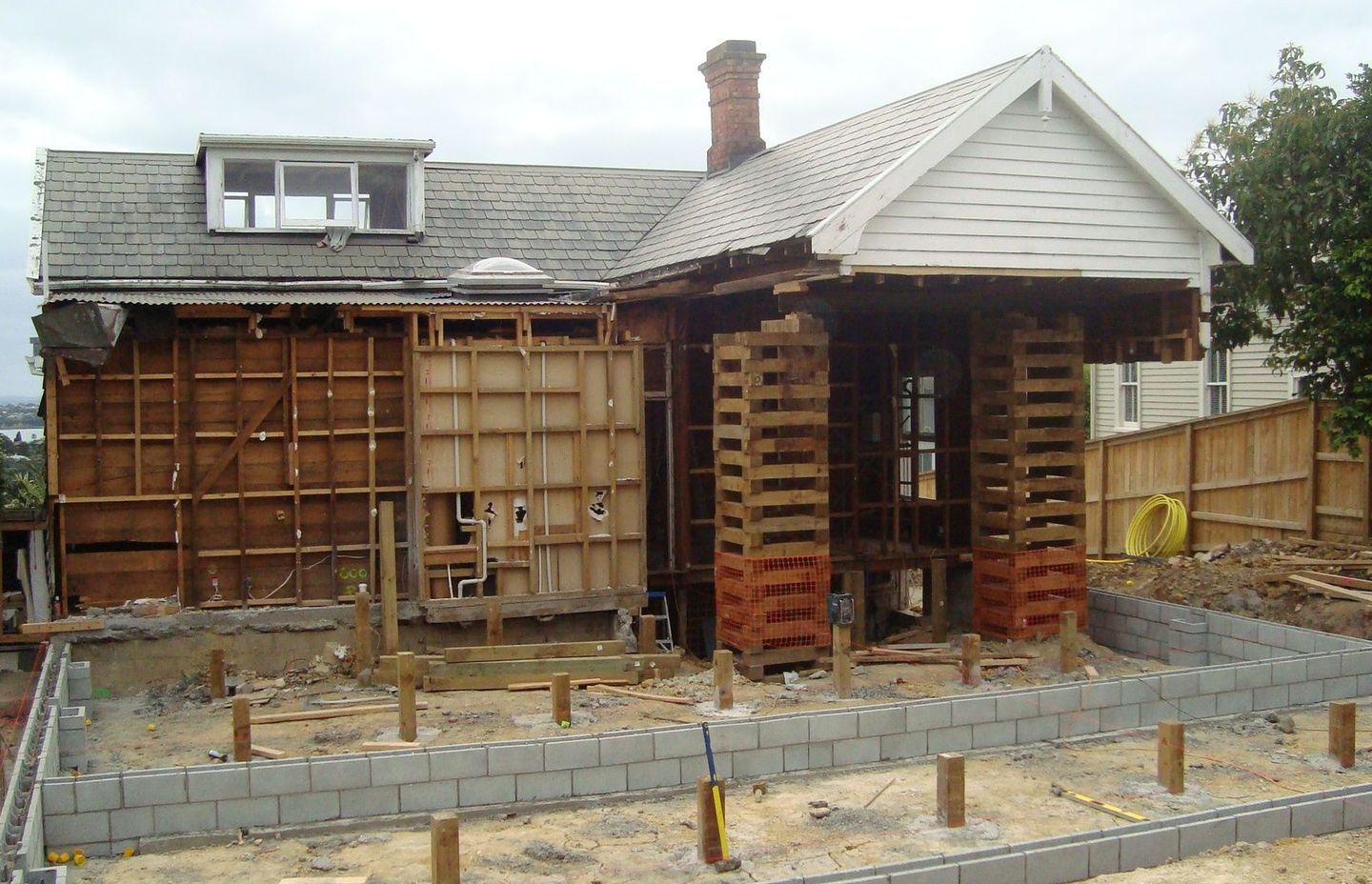
Set clear expectations from the beginning
One of the first questions Russell will ask his clients is about their expectations. “Sometimes we get clients who have engaged an architect to draw up elaborate plans, but the budget doesn’t match. It’s really difficult to pull back from that, especially when you’ve spent time, energy and have fallen in love with the vision you have created.”
Setting clear expectations right from the start means all parties understand the requirements for the project, and the level of quality you expect from the finish.
“I met with a client recently, and they had another builder quote a job to remove a chimney, but they had only quoted to patch a square metre of the floorboards. Sure, it might be the cheaper option, but the finished product isn’t going to look as good as it would if you redid the entire floor so that the substrate matches and looks professional. It’s important to understand what your expected finish is.”
Often, the best solution is to make a few high-quality updates to your property — and achieve an excellent finish within budget — rather than attempt to renovate everything and end up with a cheap finish.
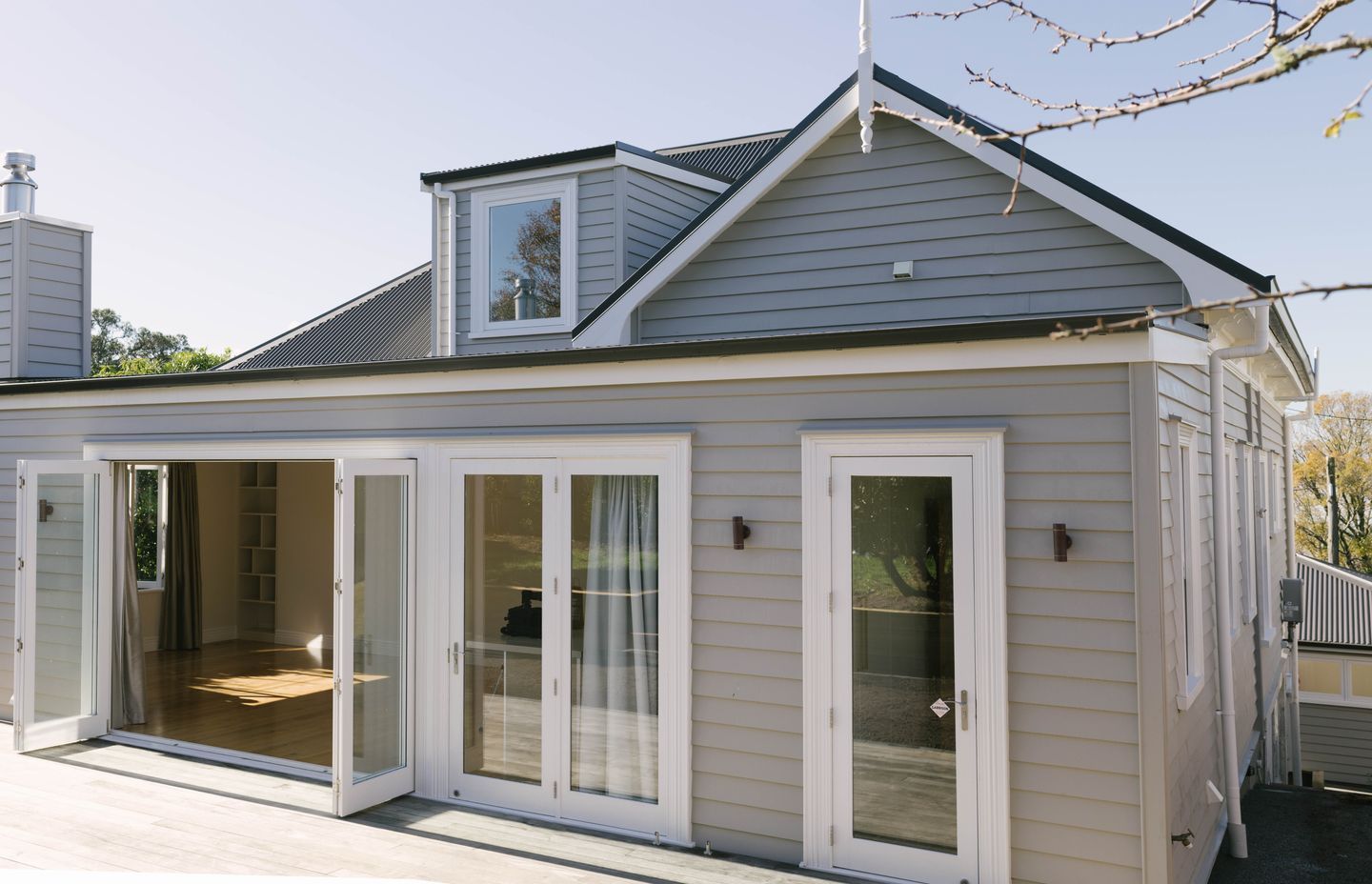

Understand the project scope
During the consultation process, Russell and his team aim to develop a thorough understanding of the project scope. This means discussing all of the renovations a client is looking to do, and the potential for additional updates that may make financial sense to include.
“Sometimes we’ll get a client with a roof that needs to be re-done, but it’s still got a few years left in it, so they plan to replace it down the track. The advice we give them is that it's more cost-effective to get the roof done now, when we already have all the scaffolding up, than wait three years and spend double because you have to pay for the scaffolding to be put up again.”
Understanding scope also includes comprehensive site visits to ensure there are no surprises when the renovation begins.
“A lot of architectural plans don’t have electrical layouts, or specific notes saying ‘this is a custom weatherboard; this ceiling has asbestos’,” Russell says, explaining that site visits conducted by himself, his quantity surveyor, and subcontractors like the electrician or painter, allow for adequate planning and budgeting before the walls come off.
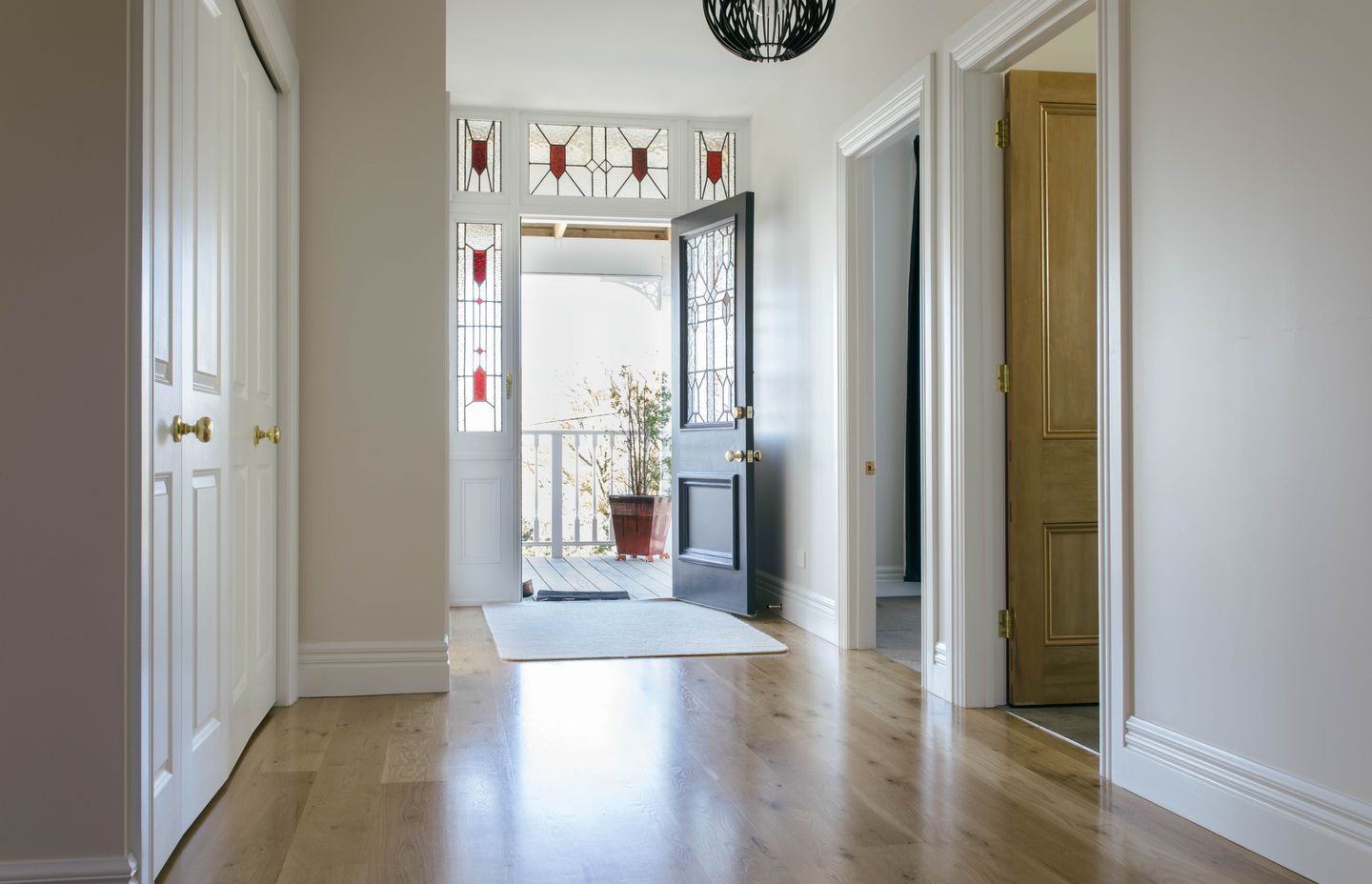

Factor all hidden costs into your budget
When planning your renovation budget, it can be easy to miss ‘hidden’ costs, like GST, building consents, asbestos removal, or structural engineering — particularly as issues, like the latter, are not always visible.
“A client might have a total budget of a million dollars to renovate, but from that they need to deduct $150,000 for GST, and then there's the architect’s fee, the council consents, the engineer — suddenly they’re left with a lot less than a million dollars,” Russell explains.
It’s also important to consider your living arrangements during the build. If you’re unable to live at the property, you’ll need to budget for any accommodation, transport, or pet care costs that may arise.
With clear expectations, and a thorough understanding of the project scope, Russell and his team help their clients uncover potential hidden costs so they can be factored into the budget — achieving many highly successful and enjoyable renovation experiences throughout Auckland.
Learn more about Licensed Renovations.